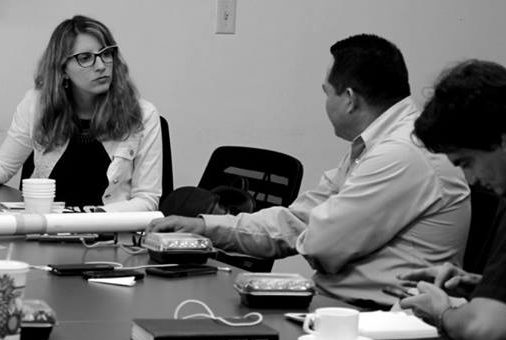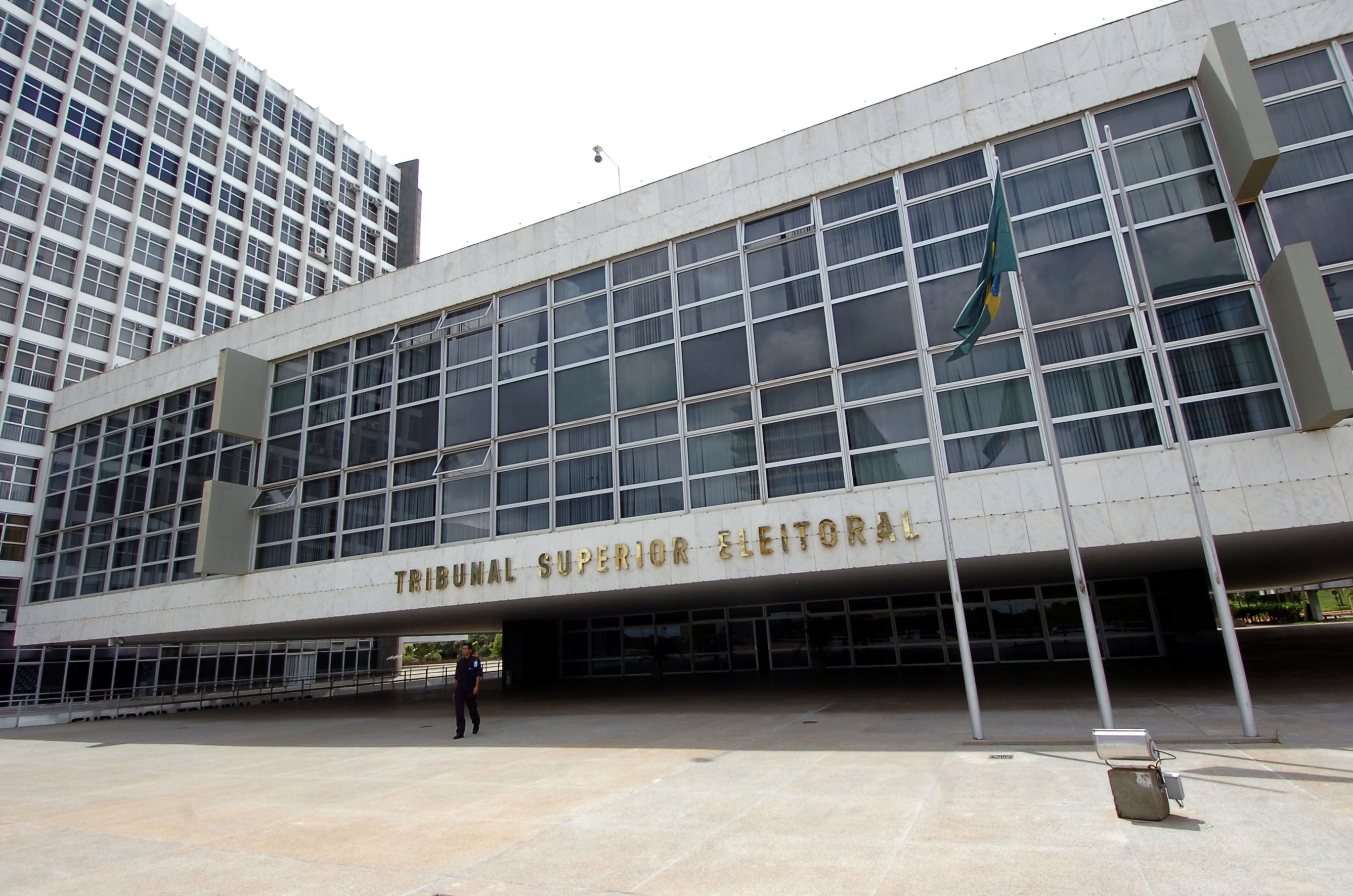
From the Brazilian Euclides da Cunha to Peruvian Gabriela Wiener, to Colombian Gabriel García Márquez, Argentinean Leila Guerriero, Mexican Alma Guillermoprieto and dozens of other names, Latin America is home to great tellers of real stories that bring elements of literature to journalistic texts.

In 2018 several Latin American countries will see presidential elections, and with them, the risk of widespread misinformation caused by fraudulent news. In Brazil, concern about the problem has moved public authorities, and within four months of the election, the Superior Electoral Court has made its first decision regarding the fight against fraudulent news in the electoral context.
Two Brazilian fact-checking agencies and their collaborators have been targeted by virtual attacks due to a newly launched partnership with Facebook against the spread of false news. Personal attacks on journalists and criticism of the honesty of the agencies have come from right-wing groups accusing the agencies and journalists of attempting to censor and acting with a leftist ideological bias, according to BuzzFeed News.
The Honduran National Congress is discussing the approval of a law that aims to regulate activity and content on the internet, and would obligate website administrators to do the same.
Folha de S. Paulo, the newspaper with the largest circulation in Brazil, surprised the news industry on Feb. 8 by announcing it would stop publishing content on Facebook as its directors believe that recent changes in the social network’s algorithm diminish the visibility of professional journalism and favor the spread of false content. The newspaper’s executive editor, Sérgio Dávila, says there are reports of similar moves in other newsrooms.
Each day in Caracas, reporters from different independent digital media sites in Venezuela visit the city’s morgues to collect data about the day’s victims. Name and surname, circumstances of death and other information about the deceased are recorded in a journalistic database and trends or important stories make their way onto the sites as more in-depth stories.
Digital and social media activity continues to increase throughout the world, and Latin America is no exception.
As we start 2018, we wanted to take a look back at some of the most important, as well as widely read, shared and liked stories on the Knight Center’s Journalism in the Americas blog.
SIP Alert, a mobile phone app currently in its pilot phase, is an initiative developed by newspaper El Universal and TV Azteca of Grupo Salinas in Mexico, to be used by journalists from the 1,300 media outlets across Latin America affiliated with the Inter American Press Association (IAPA).
NBA Commissioner Adam Silver said in early 2017 that he was considering reducing the time of basketball games given the increasingly short attention span of the public, especially the so-called “millenial.”
When ranchera singer Pedro Infante died in April 1957, then-nascent Mexican television broadcast his funeral live, with black-and-white images showing a crowd following his funeral procession through the streets of Mexico City. It became a historic television broadcast in that country.
When Ecuadorians head to the polls on Feb. 19, 2017, they will have eight candidates to choose from as a replacement for current President Rafael Correa, who will leave that office after 10 years.